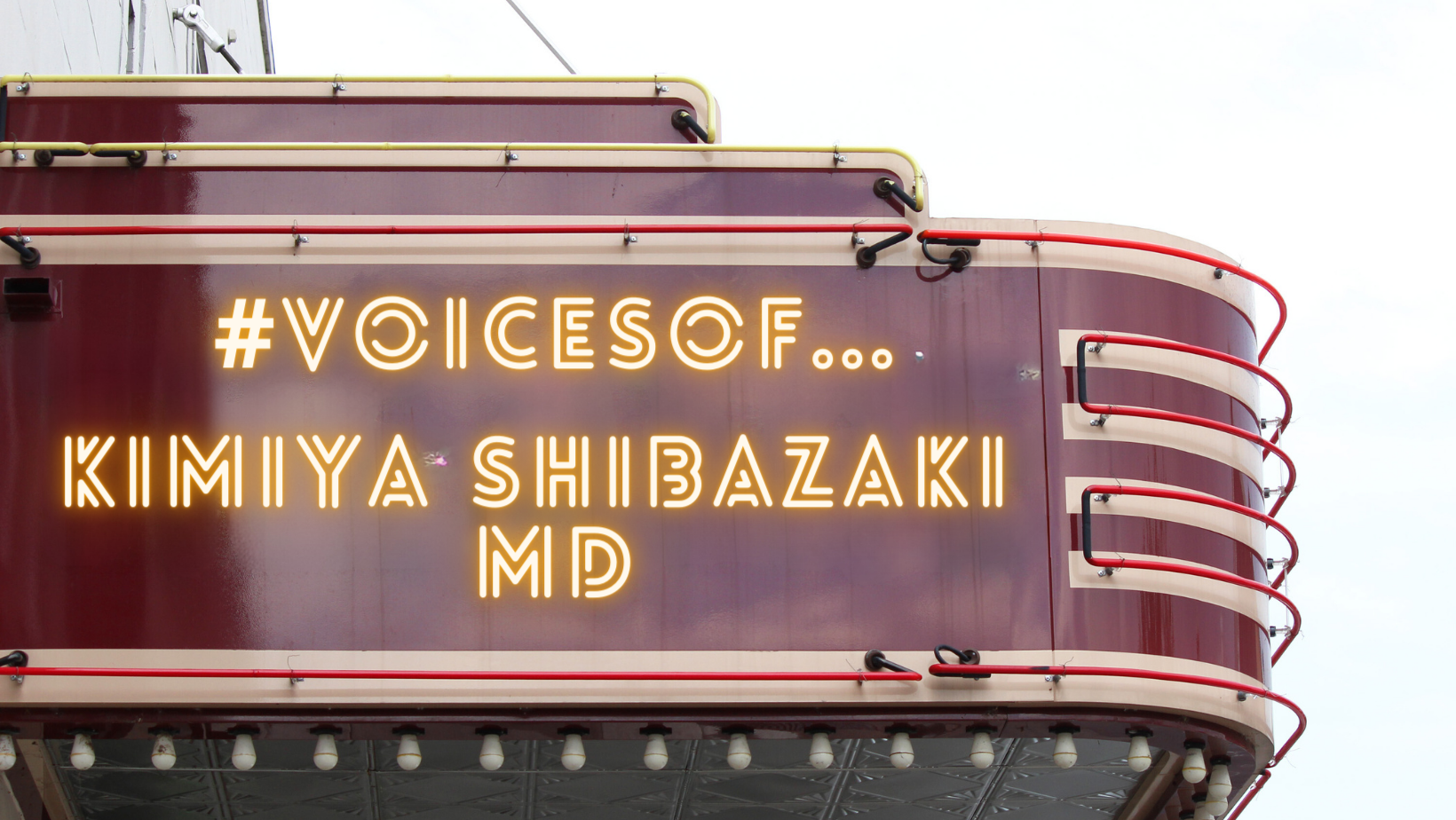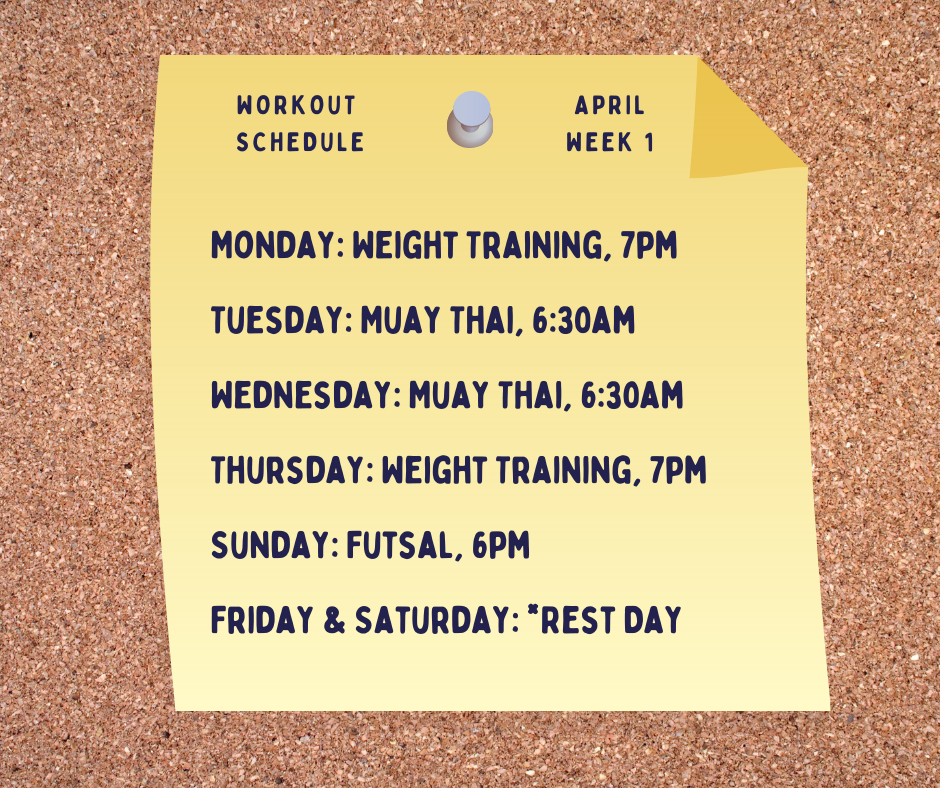#Voicesof… Kimiya Shibazaki: Going Above & Beyond

1. Can you describe your typical week on the job?
In a typical work week, I attend about 15-20 internal meetings back and forth between two companies under my leadership and Will Group Japan. On top of that, I also have regular meetings with our external parties consisting of vendors, suppliers and clients. Next are approval matters such as payments and hirings, report preparations for Will Group Asia Pacific (this group oversees Will Group Japan’s overseas operations), the occasional mid-term business planning and setting aside time to catch up with my colleagues regularly.
Aside from the heavy work schedule, I made it a point to plan my exercise sessions at the beginning of each week. Sports are great stress relievers, but it also helps keep my mind sharp throughout the day. This is one of my many small efforts to maintain a work-life balance.

2. Only a few individuals have the ability and capacity to lead two companies at once, and you are one of them. Give us an example of one of the many challenges you face managing them, from maintaining corporate culture to strategising business directions, and what you did to overcome it.
One of my many challenges is managing three different business emails, three TEAMS accounts (our designated communication channel), three calendars, and shared files between OAI, GJC and Will Group. I use both application and web versions for most tasks as I check multiple accounts.
Communication with colleagues regarding different matters is another challenge. But I make it a point to engage in multiple levels of communication within the workplace to set an example of our culture and openly share our company’s direction with all members. I believe a relationship between corporate culture and communication will be solidified when there’s a good communication network within the workplace.
I would also like to acknowledge my fellow committed General Managers: Gabriel, Joshua and Terence. Over time, I’ve developed a sense of trust in them to lead each business unit, steering our members in the right direction with our unique culture.
3. In your opinion, what do you think makes up a good leader and why?
Hands-on skills, knowledge, speed, and proactiveness make up a good leader. A leader should also know what the ground situation is like, as his ultimate task lies in decision-making. When equipped with sufficient information, their decision-making would be fast and accurate in every way possible.
To put things into perspective, a good leader must possess hands-on skills to make swift decisions. If you aren’t proactive in ensuring you have full knowledge of what’s happening on the ground, your choices will likely be impractical and have an adverse effect. The trust of others diminishes in a leader if they can’t present practical and feasible solutions.
4. What values do you hold firmly, and how does that affect how you carry yourself in and outside work?
One value I firmly hold is to ‘always strive to be above average, no matter what.’
This value has been engraved in me, and it always pushes me to work harder when I’m surrounded by people of calibre, whether in or outside of work. It also factors into everything I do in and for my career, my role as a son, husband and father to my two children, and even my hobbies and sports.
There’s an unspoken beauty about consistently investing your best efforts into what you care about and what is important to you. You reap what you sow.
‘Always strive to be above average, no matter what.’
5. As the leader of both firms, there are difficult decisions for the company’s good, but you know that the outcome can’t please everyone. So, how do you deal with criticism?
This takes me a quick trip down memory lane when I first took up the leadership role in 2014 as an Assistant Manager at GJC. Perhaps I was too soft-hearted and hesitated to give direct or harsh feedback to my members. But I was persistent in bringing up the morale through my hard work and having meals with my fellow colleagues to get to know all of them better.
However, there came a time when some of my members could not perform, and the criticism fell back on me. Harsh comments were spoken, such as myself being unsupportive; some even went as far as to claim that I was showing favouritism to certain members and that I was not doing much at work.
As a leader, I clearly understand that my role is to expand the OAI & GJC business capacity and possibility while ensuring its operations’ stability. Every decision I made aimed toward that particular goal. To make it happen, I’ve always been ready to make painful decisions, bearing in mind that I can’t always please everybody, but as long as it’s for the company’s good.
On the other hand, as an experienced recruiter and in business development, I know that ‘answers are always on the ground‘; in other words, to every problem, there’s a solution, and you must look for it. In a way, constructive criticism taught me to reflect on areas I can improve, thus enabling me to be and do better.
6. What was one of the most challenging moments you’ve experienced throughout your career? Was there a breakthrough moment?
I remember a time in my career all too well, and I think it’s a story worth re-telling. Three years ago, when Covid-19 was rampant across the globe, I was assigned to take over OAI as the Managing Director. The economy’s stability was not looking great; truthfully, it was a nightmare for every working individual, especially those who ran businesses. I knew there was much to be done and absolutely no time to lose to keep the company afloat at a time like this. I needed to get to work immediately.
My immediate action was to list all the problems and challenges that would take place, and some were already happening. One by one, we worked as a team to tackle every single one for a year. Throughout that arduous journey, I worked with some of the most persevering, receptive and flexible colleagues. They all played a role in keeping the company’s operations running seamlessly. When I look back at it, yes, it was one of the most challenging moments in my career, but it was also a season I will always cherish.
To wrap things up, I believe there’s still much work to be done during my tenure as Managing Director for GJC and OAI. There are still areas in my leadership I want to improve, plenty of business ideas to be explored, and growth and development to be continued. After all, the path to long-term success is an endless journey.
My advice is to make every challenge and defeat a learning curve, to acknowledge but not succumb to them. Make it a point to improve at what you do every day, learn and sharpen a skill, accumulate knowledge and practice; perseverance and consistency is your best friend.
In all you do, never give up and strive to be above average, no matter the cost.
Interview by Destiny Goh
Marketing Communications Executive

